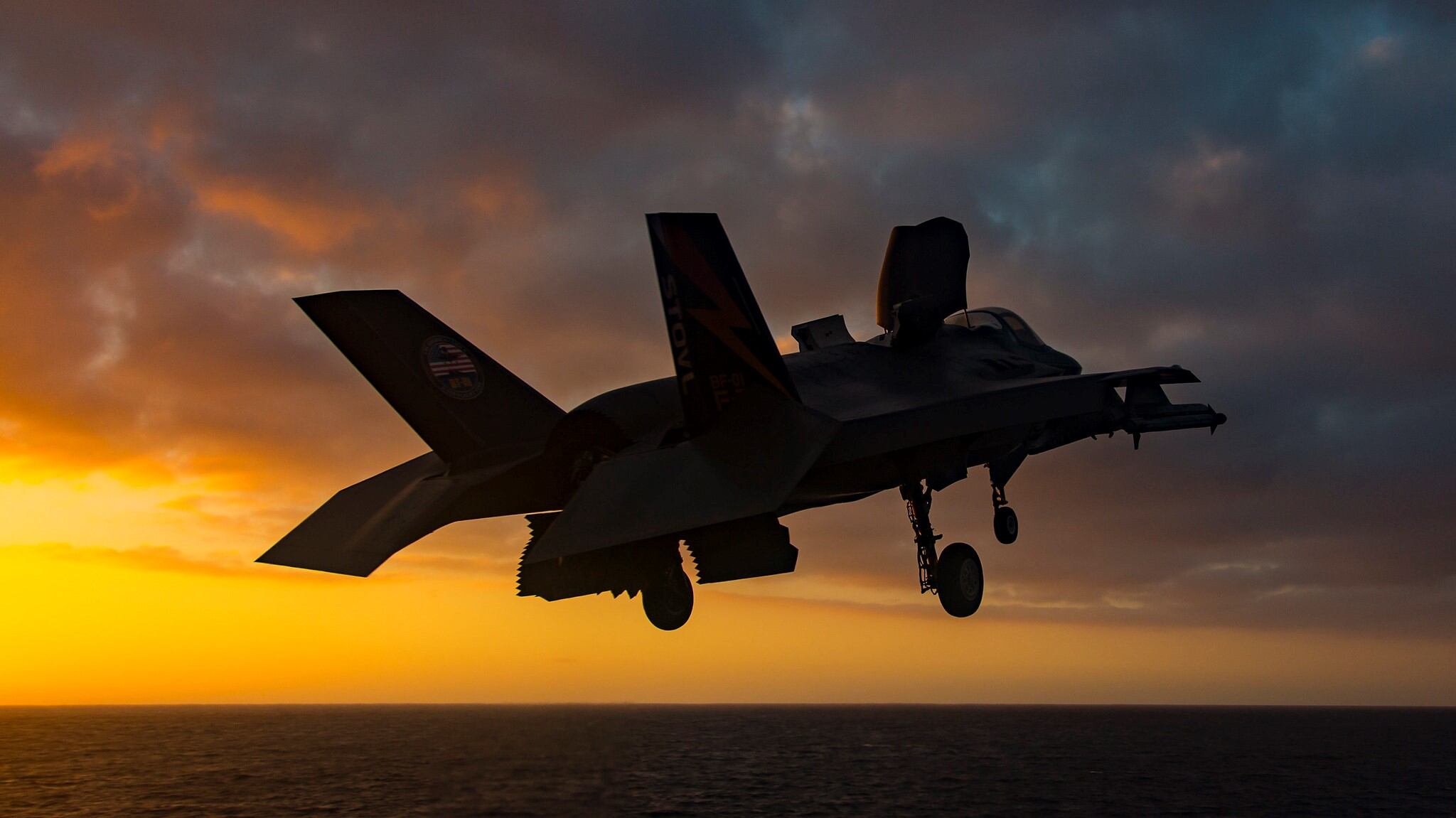Correction: A previous version of this story overstated the number of F-16 fighter jets approved by the U.S. State Department for sale to Singapore.
MELBOURNE, Australia — Singapore expects to have its first upgraded F-16 multi-role fighter jet roll off the line sometime next year, with its air force chief confirming that work will be carried out locally.
Addressing written questions put to him by Defense News prior to the Singapore Airshow, Major-General Kelvin Khong wrote that prototyping work in the United States, led by F-16 manufacturer Lockheed-Martin, is ongoing.
He also confirmed that serial production has commenced locally on the project, with ST Engineering Aerospace undertaking the effort with the first upgraded aircraft “expected to be rolled out around 2021."
RELATED

Khong did not say when the upgrade project will be completed. Singapore’s defense minister had said in 2015 that the planned end date was 2022, although this now appears to be unlikely.
Singapore was cleared by the U.S. State Department to upgrade its fleet of 40 F-16C/D Block 52 and 20 F-16D Advanced Block 52 aircraft in January 2014. The U.S. $2.43 billion upgrade package includes the Northrop Grumman AN/APG-83 active electronically scanned array radar, mission computers, helmet mounted sights and integration of new weapons such as the GBU-38 Joint Direct Attack Munition (JDAM), GBU-49/50 Enhanced Paveway II dual-mode guided bombs, and CBU-105 Sensor-Fuzed Weapon.
The request also included the integration of the AIM-9X Sidewinder agile dogfight missile and Joint Helmet Mounted-Cueing System (JHMCS). The latter will replace the Israeli Elbit DASH (Display and Sight Helmet) currently in use by the RSAF’s Vipers, and like the AIM-9X, will allow for compatibility with the RSAF’s 40 Boeing F-15SG Eagles.
A follow-on FMS request worth $130 million (A$179 million) was issued to in supplement the earlier request; this time for advanced datalinks and integration of the low-collateral damage Small Diameter Bomb.
Lockheed-Martin was awarded a US$914 million DoD contract in December 2015 to perform the Singaporean F-16 upgrade and a further $27 million supplemental contract was issued in November 2016 for Lockheed-Martin to exercise “four options” in support of Singapore’s F-16 upgrade program, along with another $67.6m fixed price modification to the original contract that was awarded on 11th of February.
Singapore’s 60 F-16s were delivered between 1998 and 2003 and are split among three locally based squadrons and a training detachment based at Luke Air Force Base in Phoenix, Arizona. The fleet has undergone a number of incremental upgrades over their service lives, which included integration with the Lockheed-Martin Sniper targeting pod around 2008.
They are also reportedly equipped with an Israeli electronic warfare suite, although this has never been officially acknowledged. Singapore was the second export customer after Israel to have the dorsal “spine” fitted to its F-16Ds, and its 20 Advanced Block 52 aircraft, which are also known as the F-16D+, are externally almost identical to Israel’s F-16I aircraft.
Singapore is one of three Asian nations currently upgrading its F-16 fleet to a roughly similar standard, with Taiwan and South Korea the other two. Taiwan has had issues upgrading its fleet of approximately 144 F-16A/B Block 20 aircraft, with delays caused by avionics integration issues and labour shortages in Taiwan, although it insists that the program will conclude as planned in 2022 despite the delays.
Mike Yeo is the Asia correspondent for Defense News.






